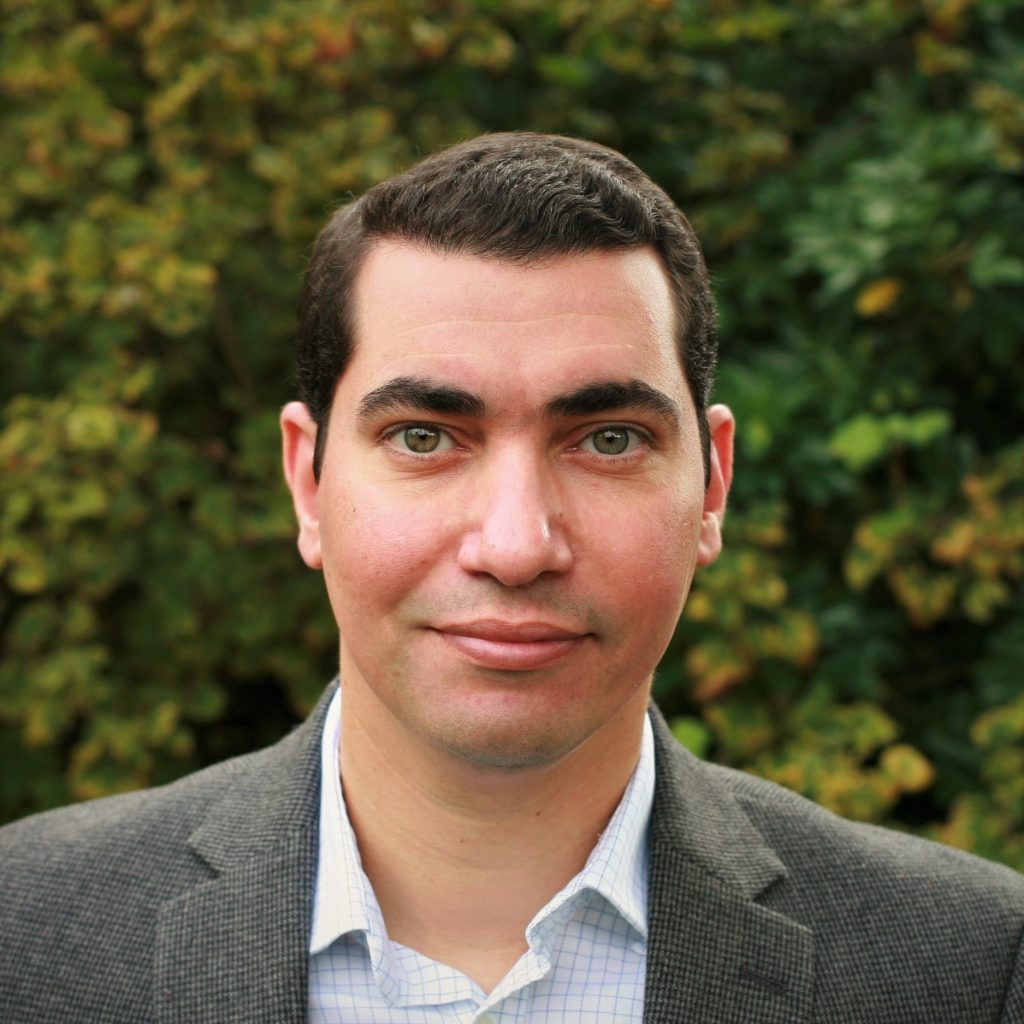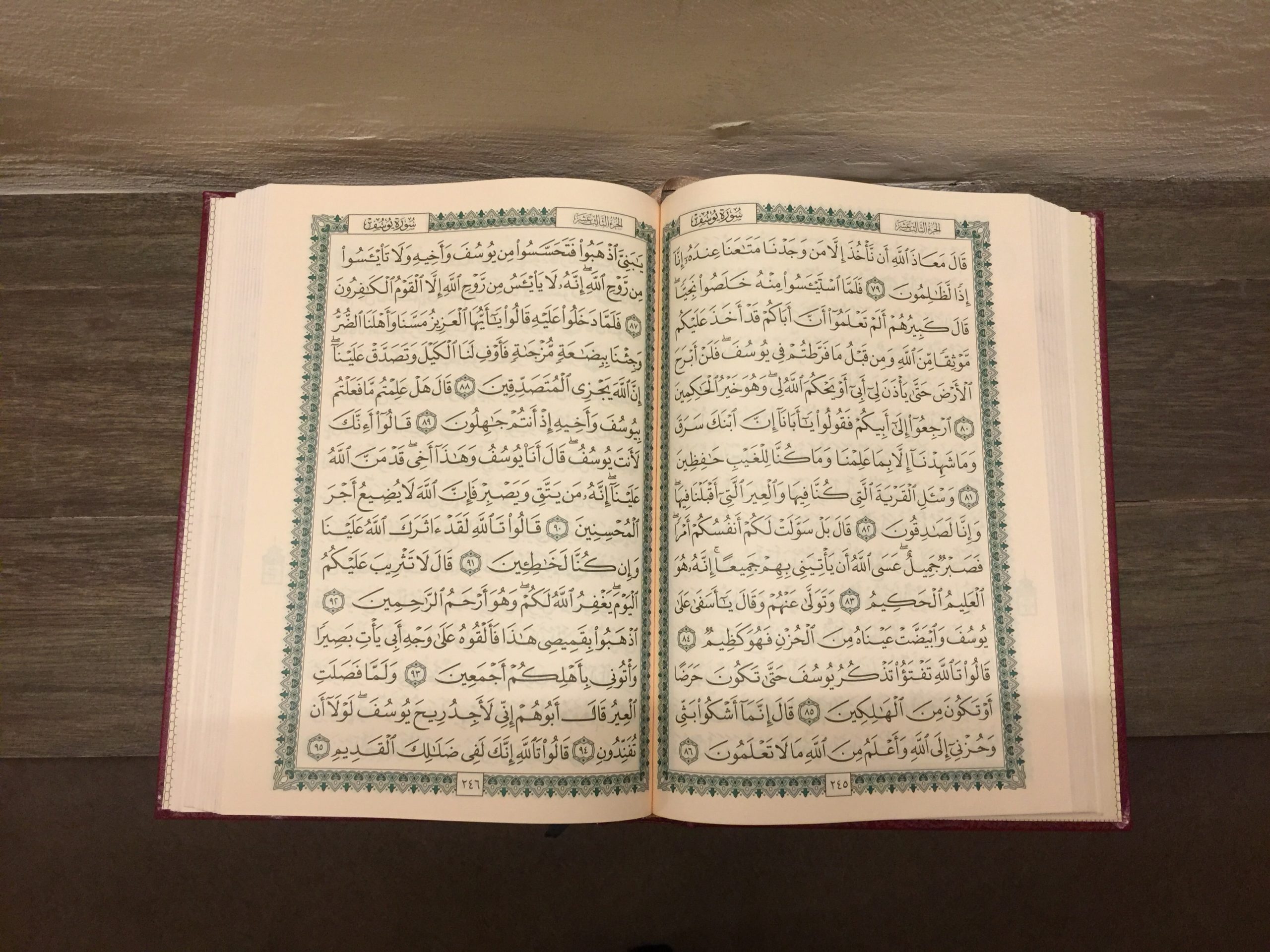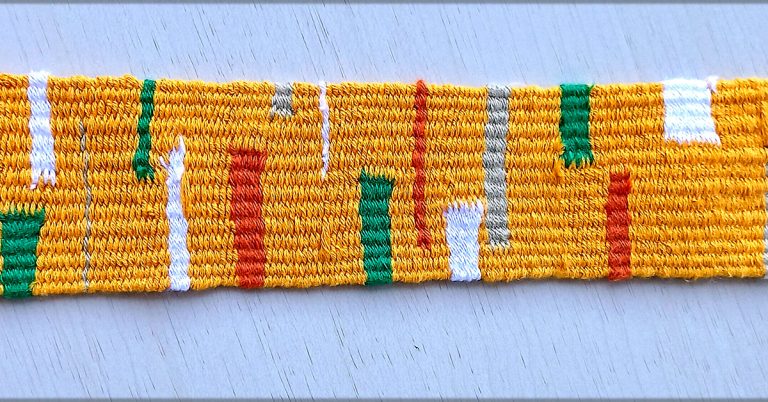
Meeting with the new Hebrew
“He (the driver) helped me down and said something in a Hebrew that sounded nothing like the language I knew from the prayer book and school. I should never have stopped my Hebrew lessons in the Movement after Hizkel’s arrest. How did you say, “I have to pee”? Surely it must have occurred to someone that this was one of the first sentences a beginner needed to learn?”
The above excerpt from Eli Amir’s Hebrew novel Farewell Baghdad 1992, can tell us a great deal concerning the Arabic Hebrew conflict that Iraqi Jews encountered shortly after their immigration. Kabi, the protagonist and the narrator in Eli Amir’s novel, describes in the above citation his first meeting with the new land. After he leaves Baghdad for Israel, Kabi discovers that he may encounter some linguistic conflicts, even though he has learnt Hebrew in a Jewish Baghdadi School. Having emigrated from Iraq to Israel during the 1950s, Iraqi-Jewish authors were familiar with two languages and two cultures; Arabic and Hebrew.
The use of Arabic lexical items serves likewise as a stylistic device reflecting the use of many Iraqi characters employed in the novels. Also, such uses of vernacular items, interjection and particle, imbue the conversations in the early Hebrew novels with the local colour of Iraq/ Baghdad.
The authors adopted modern Hebrew in their new country, while Arabic remained their mother tongue. When writing in Hebrew, the three authors incorporated Arabic into their texts in various ways, including code-switching, translation. The use of Arabic in the given corpus varies. Not only standard Arabic is used in the texts, but also other Arabic varieties like Muslim and Jewish Arabic in Iraq, as well as Egyptian Arabic. Arabic is inserted in the Hebrew texts in both single lexical items and complete Arabic sentences.
Switching to write in Hebrew
Iraq has had a rich Jewish culture and history. Jews settled there for more than two thousand years. In the late 1950s, however, with the mass immigration from Arab countries due to the political situation, Iraqi Jews left or rather had to leave Iraq for the State of Israel. When they encountered this new society, where Hebrew was in the process of being established as the national language, most Iraqi Jewish authors found it impossible to continue writing in Arabic in their new home, and thus had to face the literary challenge of switching to another tongue to be heard. This complicated situation constitutes the historical background of this study.
Finding the emphatic listening of his silenced voice was a challenge Sami Michael tried to find a solution:
“I was ready to learn new things, but I categorically refused to break with my former self. The upshot of this was that Israeli society was not prepared to listen, and I was unable to make myself heard – I had no Hebrew then”.
Not only Michael but also Ballas, who wrote in Arabic at the beginning of their literary career in Israel before switching to Hebrew, understood the importance of acquiring the Hebrew language. The same holds true for Eli Amir, who started to write only in Hebrew.
Amir also reflects on the issue of writing memories in the second language. He grew up in Iraq/ Baghdad; there was no surprise then when he said that: “When writing my Hebrew novel ‘Farewell Baghdad’, I imagined myself listening in one ear to my father telling it to me in Arabic”.
Writing the novel “Farewell Baghdad” with calling the ‘Arabic’ voice of his father, Amir shows to what extent his mother tongue is employed in different ways when writing in the language of the new land, Hebrew. This is to show the way in which Hebrew and Arabic merged in his literary works and to reflect that Arabic was a very active component when Amir wanted to write his Hebrew novel. Furthermore, this quotation explains the process of self-translation that Amir has undergone while writing about old memories, stories from childhood and about his origin country-Iraq/Baghdad.
These statements by Michael, Ballas and Amir, confirm the longing to use Arabic while reflecting on the intention and the awareness of using Arabic in their Hebrew texts.
About the Author

Dr Mohamed A. H. Ahmed is anAffiliated Researcher at the Faculty of Asian and Middle Eastern Studies at The University of Cambridge. His research interests lie in the areas of Arabic poetry, Judaeo-Arabic, bilingualism, the typology of written code-switching, code-switching in Modern Hebrew and medieval Judaeo-Arabic texts and sociolinguistic variation between Arabic and Hebrew.





